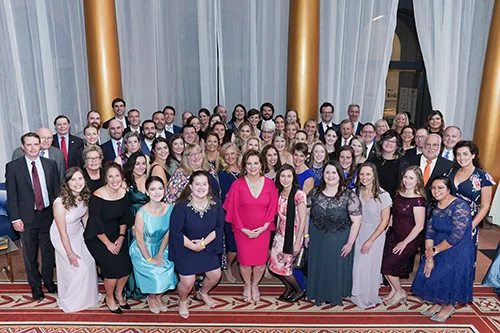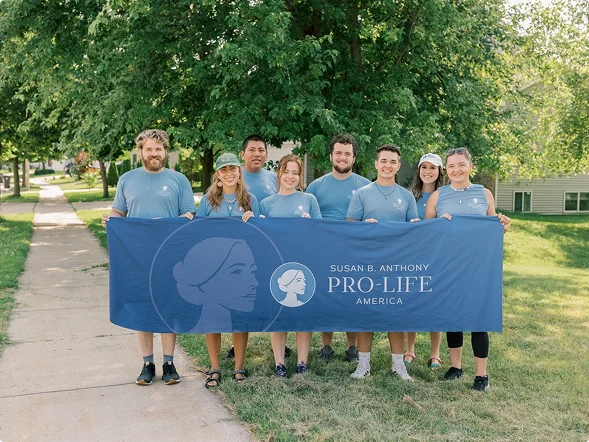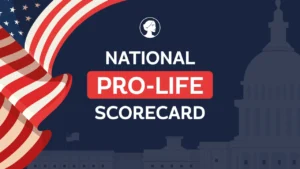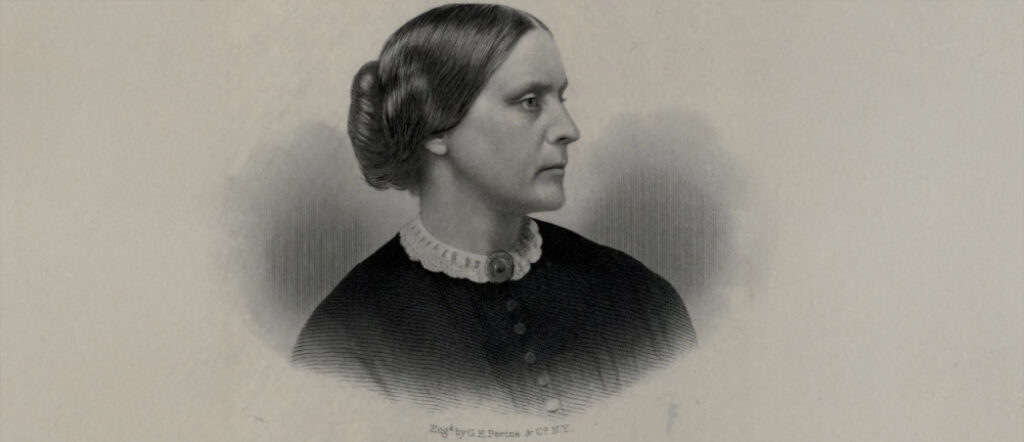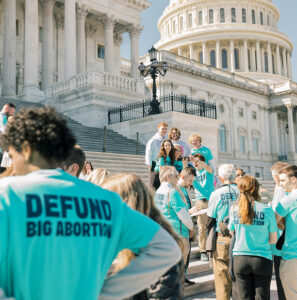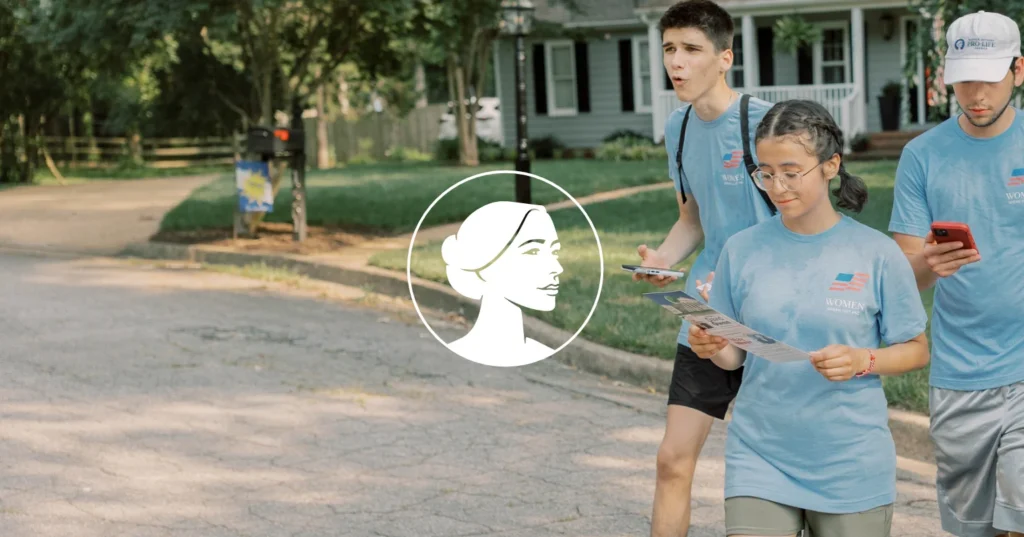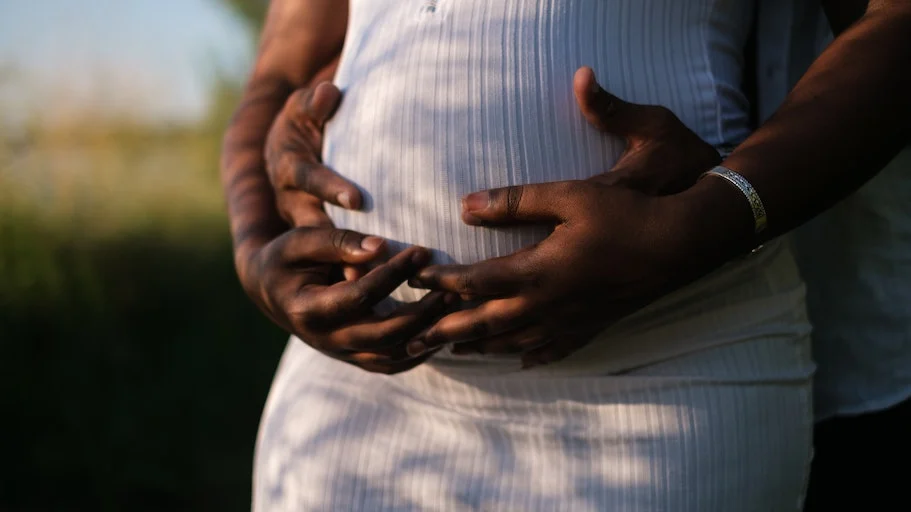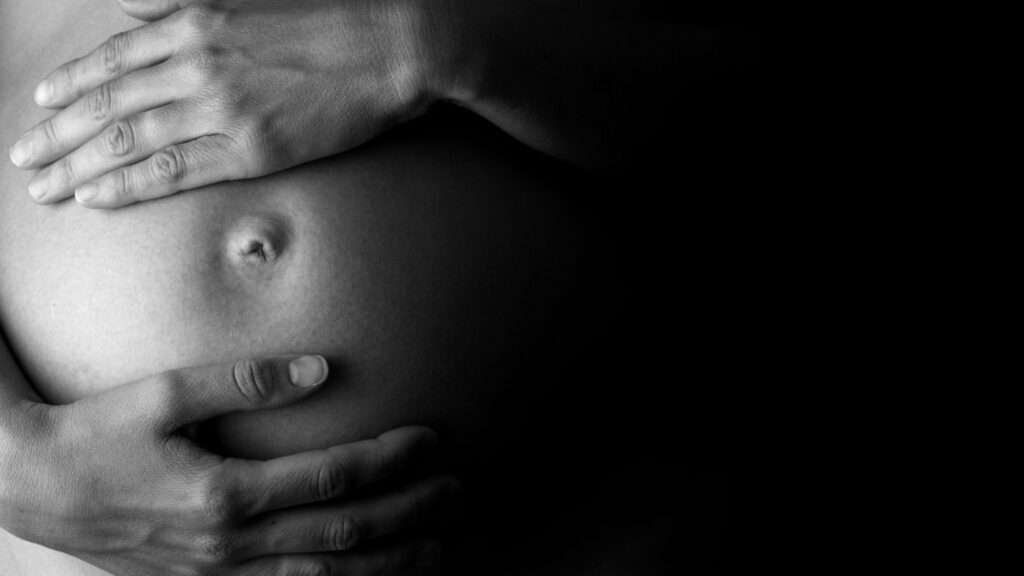
In December, the story of a mother suing the State of Texas to obtain a late-term abortion of her baby with trisomy 18 dominated headlines. The abortion lobby seized the opportunity to conflate fetal anomaly diagnoses with life-threatening emergencies experienced by pregnant women. In a press release, the ACLU said, “We will see more women like Kate Cox from Texas who was forced to flee her home state to get the critical care she needed. Other women won’t have that option, and some will die as a result of the abortion bans.” The Biden-Harris administration followed the ACLU’s lead to justify their agenda for unlimited abortion, launching ads featuring mothers of unborn babies with diagnoses of life-limiting disabilities and inviting the Texas mother to attend the State of the Union.
Republican legislators in two states announced they would introduce bills to create exceptions to their state’s pro-life laws to allow late-term abortions of babies with so-called “fetal anomalies.” The lawmakers caught the attention of national media, with outlets like the AP, NPR, and USA Today shining an approving light on their efforts.
In Nebraska, Sen. Merv Riepe introduced HB 1109 as his priority measure for the session saying the bill targeting babies with disabilities was a “cleanup bill” to make the 12-week protection law “more reasonable and respectable.” In Tennessee, Sen. Richard Briggs told media he would be bringing the Freedom to Have Children and Family Act to allow babies with disabilities to be aborted.
Despite the praise they received from the legacy media, Riepe’s and Briggs’ efforts both stalled out. This is why.
The Science
As legislation was in progress, the Charlotte Lozier Institute published an article with facts about life-limiting fetal conditions. The research shows many babies with a prenatal diagnosis die not because of their medical condition, but because of the discrimination and denial of treatment from the medical establishment. Before birth, as many as 60% of babies diagnosed with trisomy 13 or 18 are aborted. When given the proper care, survival rates are much higher. A Japanese study shows that when babies with trisomy 18 received appropriate care and surgical interventions, 81.5% survived until discharge. Some babies with T13 or T18 who receive surgery to treat their heart problem have an even longer median survival of 15 and 16 years.
“Too often in America, we fail to accept every child as a gift, regardless of ability. The obvious truth is that abortion is not a cure or treatment for the child’s condition,” Dr. Tara Sander Lee, vice president of CLI, told Fox News.
Most fetal anomaly conditions do not put mothers at greater risk, according to research, and in the instances when a woman is in danger, every pro-life law in the country allows doctors to act. The article also notes that a New York Times investigation found that fetal anomaly diagnoses are often wrong.
The Stories
In response to the Kate Cox story and the disability discrimination bills, mothers challenged the media narrative by sharing their stories.
- Six-year-old Sajjona Murphy in Massachusetts has trisomy 18 and is defying prior medical predictions. Her mother Heidi says she has poured more joy into the Murphy family than they could ever imagine, bringing them closer together and teaching their older children the beauty of life.
- Beverly Jacobson in Colorado, whose daughter Verity has trisomy 18, told Fox News, “It’s the unfortunate truth that many doctors push abortion to parents whose unborn children are diagnosed with a life-limiting condition. I hope lawmakers will do the compassionate thing by taking a stand for Verity and those like her who have Trisomy 18 or other disabilities so they will not be targeted to an even greater extent for painful, late-term abortions.”
- In Indiana, Ashleigh Moon was told her unborn son was ‘incompatible with life.’ They said he had a 5% chance of survival and would be living with spina bifida or Down syndrome if he survived. Ashleigh resisted the doctor’s pressure to abort her baby and her son Caleb, though born prematurely, did not have the conditions that were predicted. He is now 20 years old and has no developmental challenges.
- Callie Higgins of Nebraska had a baby with a serious health condition who was born but was only alive for 26 hours. She said: “It’s still heartbreaking, but we were so thankful for the one day that we had with him and the memories we got to make.”
- Adam Schwend, western regional director for SBA Pro-Life America, shared the story of his wife, whose mother was told that her baby had no functioning kidneys and she would likely die. His mother-in-law resisted doctors’ pressure to abort and one of her daughter’s kidneys began to function. Today, Adam and his wife have four children with a fifth on the way.
The Politics
Ahead of the committee hearing for HB 1109 in Nebraska, the Nebraska Pro-Life Coalition sounded the alarm on the measure that would target babies with disabilities for late-term abortions.
In a press release, Nebraska Right to Life Executive Director Sandy Danek summed up the bill saying, “Discrimination of those with disabilities has no place in Nebraska. Whether born or not yet born, we should celebrate people with different abilities and fiercely guard against any attempt to strip away their right to live and ability to receive proper medical care. We urge senators to vote against this ableist legislation to protect the most vulnerable among us.”
As Nebraskans got word that the bill would put babies with disabilities in a different class and allow their lives to be painfully ended until 22 weeks’ gestation, more and more people registered their opposition. A total of 496 people submitted testimony against the disability discrimination bill and only 21 submitted testimony in favor.
Sensing the damaging optics of Riepe’s legislation, even the pro-abortion groups did not testify in support of the bill. The ACLU, Planned Parenthood, and Women’s Fund all showed up with neutral testimony to register their discontent about the 12-week protection law but not support the passage of HB 1109.
Ableist Legislation Stalls Out
After hearing story after story from mothers who opposed LB 1109 in committee, Nebraska senators voted 3-2 with three present but not voting on the bill. Having failed to receive due pass votes from the majority of members present, the Nebraska Examiner said, “Further legislative changes to Nebraska’s abortion laws appear unlikely in 2024.”
Meanwhile in Tennessee, nothing concrete materialized. After SBA Pro-Life America and medical experts including Dr. Marty McCaffrey and Dr. Robin Pierucci submitted testimony against targeting babies with different abilities, Sen. Briggs never filed a bill.
Since both efforts have stalled out, the national media hyping the bills as well as other nationwide outlets have been mum on the subject. Adam Schwend, SBA Pro-Life western regional director, questions whether that is intentional, saying, “Either the left-leaning media hasn’t paid attention to the fate of these bills, or they are realizing attacking unborn babies with disabilities is not a winning issue and attempting to sweep failed attempts under the rug.
“With the media’s silence, the wins for babies with disabilities may be the greatest unsung victory of the 2024 legislative session season.”
Make your gift to serve women and save babies today.
SBA Pro-Life America's mission is to end abortion by electing national leaders and advocating for laws that save lives, with a special calling to promote pro-life women leaders. Your secure gift today will help to advance a culture of life and protect unborn children and their mothers from abortion.
Donate